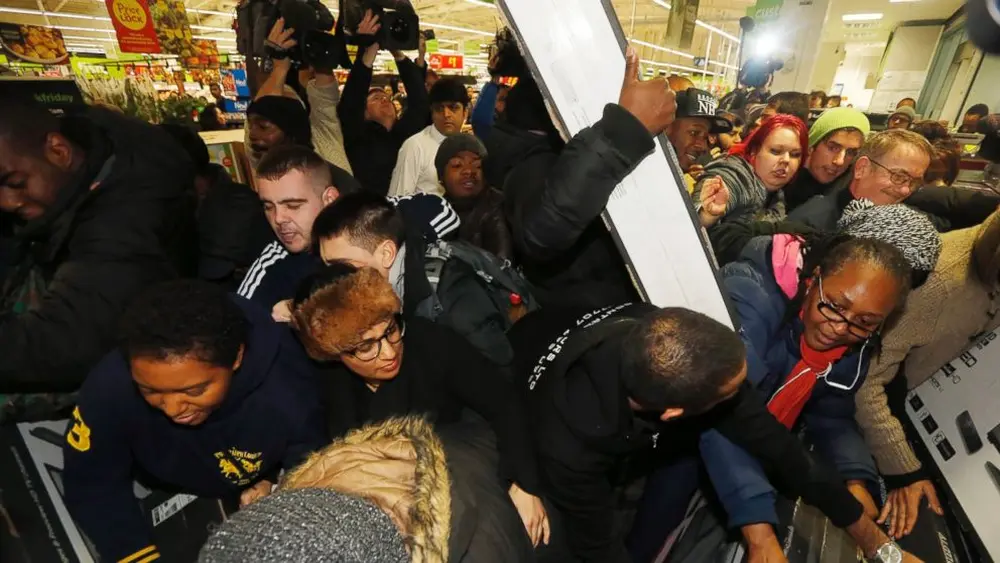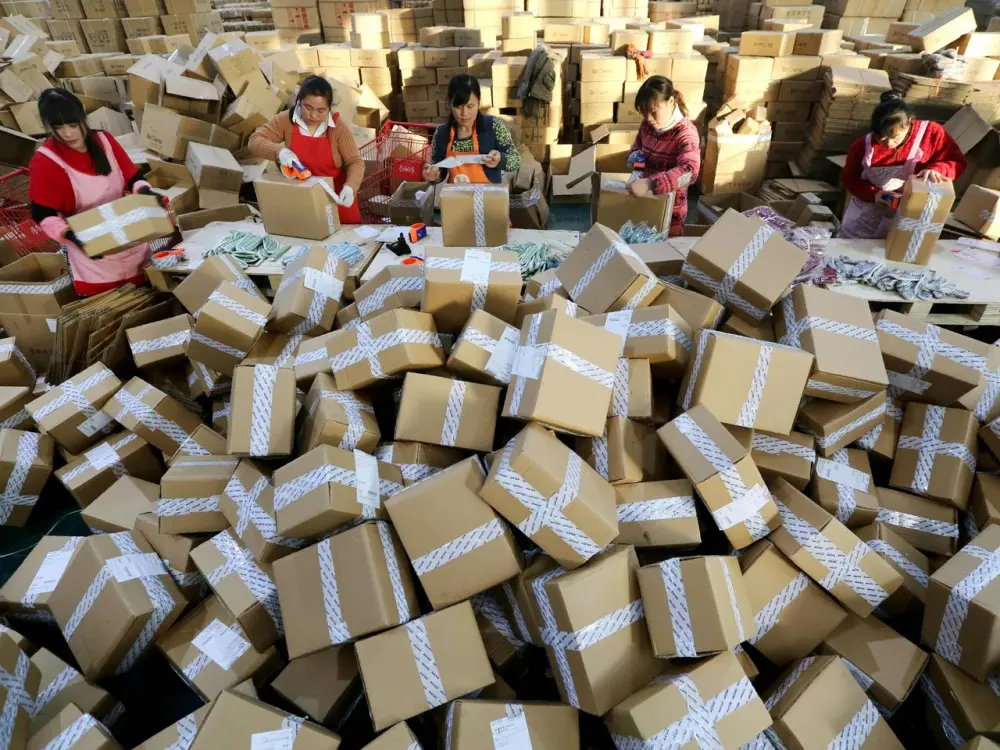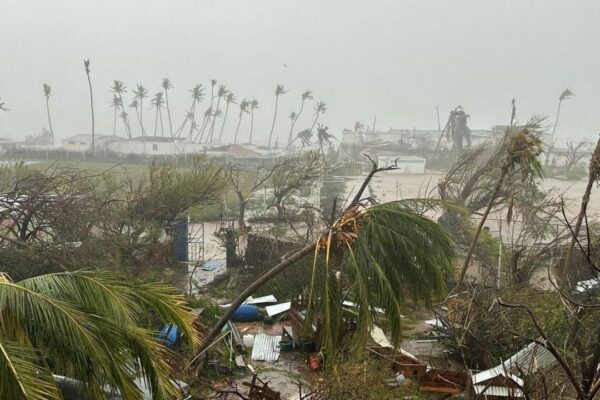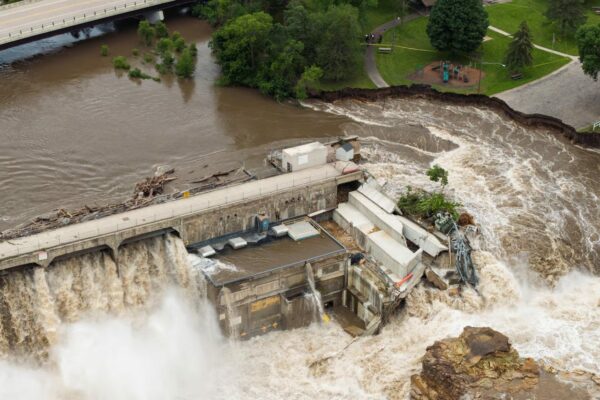Black Friday: How the Annual Festival of Consumption Hurts Environment
The relentless consumerism not only affects your wallet but severely impacts the environment in ways that will make you rethink the Black Friday trends
After you are done stuffing your turkey and then yourself with the turkey, it will be time for the biggest shopping day of the year. Black Friday is here and with an avalanche of advertising in shop windows and online, it is quite difficult to tighten the purse strings. But the relentless consumerism at Black Friday comes at a cost that goes way beyond your dented finances and hurts the environment gravely.
Black Friday is the embodiment of the overconsumption epidemic. People discard perfectly good items that go on to pollute the oceans and overwhelm the waste stream. The present consumer culture usually encourages waste that dangerously affects the environment.

Image: Luke MacGregor/Reuters
Although people are getting aware of how their rampant holiday shopping costs the ecosystems, the spendthrift trend is not going anywhere anytime soon. Environmental groups like Greenpeace also urge consumers to think about the long-term value when purchasing an item. Besides, purchasing used products or those made from upcycled or recycled materials help decrease the resource input.
Black Friday sales also spark the usual debate about which one of online shopping and manual shopping is better for the environment. As per a survey, online shopping delivered directly to homes has a higher greenhouse gas footprint than in-store shopping.
How Black Friday Hurts Environment?
The most bought items during Black Friday sales are pet products, health/beauty products, electronic devices, appliances and furniture; the aftermath of which presents some harrowing facts. Only 29 percent of total e-waste is recycled; over 8 million tons of plastic end up in the ocean each year, and every American generates around 80 pounds of clothing waste a year. The annual Black Friday contributes much to these statistics.
This nationally recognized day consumes billions of dollars each year. Businesses produce a surplus of goods to satisfy every possible consumer, consequently contributing to more plastic waste. Overproduction is encouraged by overconsumption and thus continues the vicious cycle.

Image: AFP
Electronic devices are the most bought items on Black Friday and usually end up in the fastest growing e-waste stream on the planet. E-waste contains toxic components such as lead, mercury and bisphenol-A (BPA). When electronics are thrown away improperly, these toxins leach into the soil and pollute the entire ecosystem.
Following electronics, toys and clothing are major environment polluters. Most toys are made from plastic or contain plastic components, which then are packaged in excessive amounts of plastic before being sold. This plastic packaging enters the waste stream and goes on to pollute the natural resources for years. The wardrobe stocking with fast fashion trends around the holidays is another wasteful consumption.
What can be done?
It is needless to say that this rampant shopping frenzy generates tons of waste each year and pollutes various components of the environment. Each element of the production to consumption impacts the environment as the whole business model creates extreme waste.
Greenhouse gases are one of the largest contributors to climate change Mail services and delivery trucks account for about one-fifth of all US emissions. If this entire process is halted, it could help reverse the impacts of the climate crisis.
Overconsumption is ultimately the main driver of the destruction of Earth.
2021 consumption instructions:
1) Cannot be stressed enough: Don’t buy it.
If you absolutely must buy it;
2) Buy 2nd hand.
3) Buy local.
4) Buy ethical.#BoycottBlackFridayhttps://t.co/ELOEiKH3ai— Ed Goodall (@edgoodall) November 22, 2021
Instead of indulging in excess consumerism, the world should emphasize a circular economy to resolve the consumption crisis. An eco-friendly system is required to achieve this goal, where items are purchased, used to their full extent, repaired if possible and finally discarded at the end of their life.
A circular economy would reverse the adverse impact of materialism on the environment. Moreover, eliminating the tradition could save energy and resources that are currently overexploiting the planet and pushing it towards doom.
Two years ago, activists in France started Black Friday protests against online retailers as their services are exacerbating climate change through rapid delivery services. The “Stop Black Friday” amendment in France was proposed around the same time as part of an anti-waste bill.
Last year as well, many stores closed their websites and decided to plant trees on Black Friday, showing protest against the consumption holiday!


